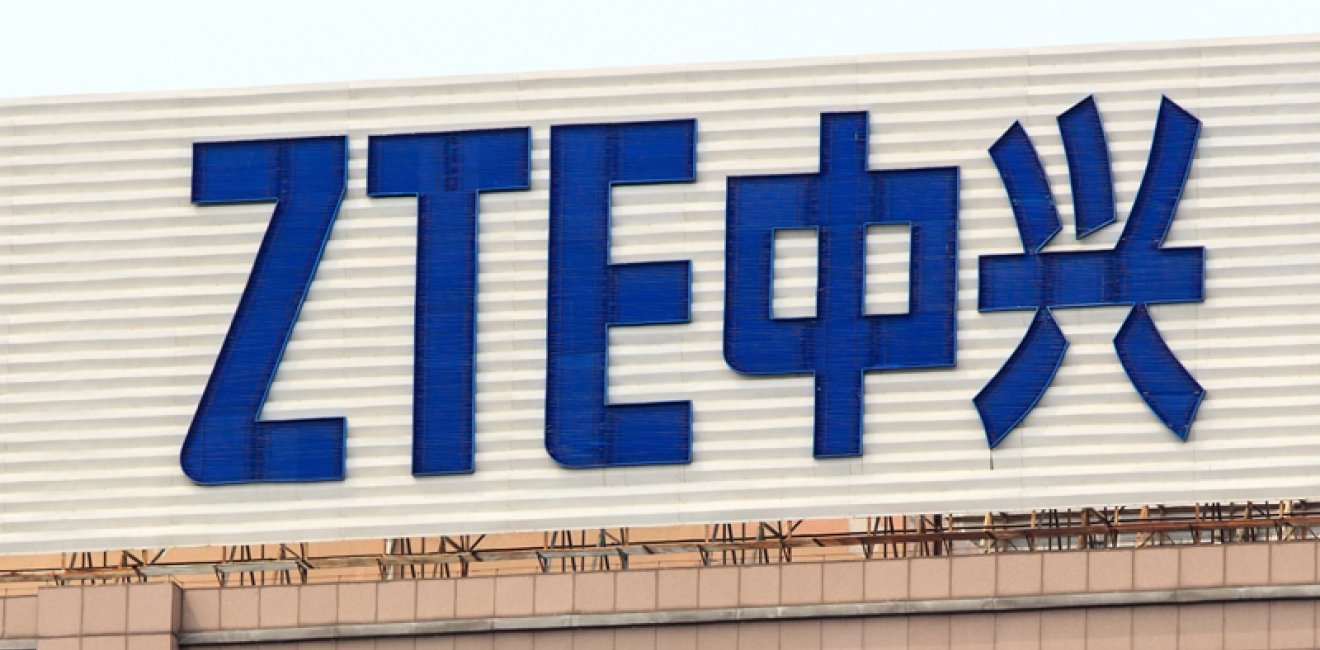
A blog of the Indo-Pacific Program
Arguing the need to preserve national security in justifying taking protectionist action is hardly new. In fact, it can be an effective tool to keep critical industries robust and make sure that otherwise vulnerable sectors remain resilient to hostile bids. What’s more, economic war can be wagered against serious threats that jeopardize national security not through imposing punitive tariffs, but rather by being banned from doing business. The challenge though is to know what tools to use and when, against real threats, rather than imaginary ones.
It’s been over three decades since the wrath of the United States was directed directly against a specific Japanese company that was jeopardizing U.S. national security. At that time, Washington was in the midst of a trade war with Japan as Japanese investors seemingly had an insatiable appetite for prime U.S. assets and fears of Japan Inc. dominating the global economy seemed very real. It was in that tense climate under which Toshiba, together with Norway’s Kongsberg, exported machinery which allowed the Soviet Union to make quieter, less detectable submarine propellers during the height of the Cold War. Congressional outrage against Toshiba and Japan at large for breaking rules regulating the export of sensitive military technology was effectively unanimous, while the House voted 415 to 1 to demand compensation for the damage caused as a result of the sales. The Navy, for instance, estimated at the time that it would take around $1 billion in new investments to offset the hemorrhage of classified information that would make Soviet submarines more difficult for the United States to identify.
Toshiba was banned from doing business in the United States for a minimum of two years by lawmakers. In fact, it was only three years later, in 1992, that Toshiba Machine was able to resume sales in the United States. U.S. action against Toshiba and other companies that were also involved in the propeller sales was widely supported by the international community and seen as a necessary action to protect U.S. interests and the security of the West at the height of the Cold War. Japan, for its part, conceded that it had broached international regulations and above all, expectations, for a code of conduct to ensure global security. In short, Toshiba’s efforts to defend itself were limited, and the government of Japan also conceded that global rules had been broached and that U.S. security and global stability were at risk as a result of the sales.
When it comes to ZTE, though, the situation is quite different. The Chinese telecommunications company has been found guilty by the U.S. Commerce Department for selling products to North Korea and Iran, as well as Sudan, Syria, and Cuba. ZTE had acknowledged violating sanctions, and last year, it had paid a $1.19 billion fine. The company did not, however, follow through in taking punitive actions against its leadership and actually rewarded them with bonuses instead, leading Commerce to ban U.S. companies from doing business with ZTE between one and seven years. That ban has been overturned by the White House, while Congress has voted to reinstate penalties against ZTE.
Granted, the five sanctioned nations are not the threat that the Soviet Union had been to the United States. At the same time, the technologies exported to hostile countries are not comparable either. After all, ZTE provides components and software for mobile phones, which are consumer products that can readily trade hands among individuals. Propeller technology, on the other hand, is specialized information that is controlled by a few which can be controlled at the government level. At the same time, there are similarities between Toshiba’s actions in the 1980s and the transactions by ZTE with disputed countries, namely that sanctions and trust were breached.
As the White House looks to impose more tariffs on an array of sectors in the name of national security, the time has come to define what exactly constitutes a national threat in the realm of economic security. Selling off proprietary information to adversaries that can be used against the United States would certainly be a security threat, as would breaking sanctions by trading with rogue nations. But as Section 232 of the Trade Expansion Act itself established during the Cold War in 1962, simply arguing that that a weakened steel industry would make the United States more vulnerable in times of war and thereby alienating key allies including Japan and the European Union could be a bigger threat to U.S. security. With the possibility of the Trump administration imposing tariffs on the automobile sector as well by invoking Section 232 on the one hand, and not punishing ZTE on the other, there is a greater need to understand the end goals of U.S. national security when it comes to trade.
The views expressed are the author's alone, and do not represent the views of the U.S. Government or the Wilson Center. Copyright 2018, Asia Program. All rights reserved.
Image: testing / Shutterstock.com
Author


Indo-Pacific Program
The Indo-Pacific Program promotes policy debate and intellectual discussions on US interests in the Asia-Pacific as well as political, economic, security, and social issues relating to the world’s most populous and economically dynamic region. Read more





